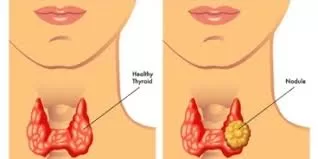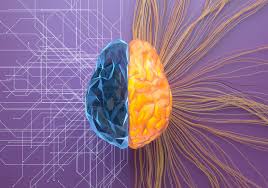On the eve of World Thyroid Day, the ASSOCHAM CSR Council, under its Illness to Wellness initiative, organized a panel discussion titled ‘Thyroid Matters: In Health & Disease.’ The event aimed to raise awareness about thyroid diseases and the importance of early treatment for thyroid dysfunctions.
The panel featured eminent medical professionals including Dr. (Prof.) Chandrakant Sambhaji Pandav, member of the National Council on POSHAN Abhiyan and former head of the Centre for Community Medicine at AIIMS, Delhi; Dr. Subhash K Wangnoo, senior consultant in endocrinology and diabetology at Indraprastha Apollo Hospitals, New Delhi; and Dr. Mudit Sabharwal, consultant in diabetes and endocrinology at Fortis La Femme Multi Specialty Hospital and director and consultant diabetologist at Dharma Diabetes and Metabolic Clinics, Delhi & NCR. The session was moderated by Dr. Rajesh Kesari, founder and director of Total Care Control, Delhi-NCR, and EC member of RSSDI.
Dr. Pandav highlighted the critical role of awareness in addressing the rising incidence of thyroid diseases. “Without awareness, you cannot move forward. Awareness is necessary to ensure early detection of thyroid diseases and can prevent major ailments. Historically, iodine deficiency has been a major cause of thyroid disorders. Although iodization programs have reduced goiter prevalence, iodine deficiency still exists in some regions,” he stated.
Anil Rajput, chairperson of the ASSOCHAM National CSR Council, underscored the urgency of raising awareness about thyroid-related health issues. “The increase in the prevalence of thyroid-related health issues warrants heightened awareness and proactive measures to be put in place with a greater sense of urgency to effectively address this challenge of significant proportions,” he said. Rajput also emphasized the higher incidence of thyroid ailments in women, calling for gender-sensitive approaches in addressing the issue.
Dr. Sabharwal elaborated on the symptoms of thyroid disorders, distinguishing between hypothyroidism and hyperthyroidism. “Symptoms of hypothyroidism include fatigue, weight gain, dry skin, and cold intolerance, while hyperthyroidism symptoms include weight loss, heat intolerance, and increased appetite,” he explained. He also noted the rise in hyperthyroidism cases post-COVID-19 and suggested that regular exercise, like Surya Namaskar, can help manage the condition. “Cholesterol and diabetes are also linked to thyroid issues, so maintaining a healthy lifestyle is crucial,” he added.
Dr. Wangnoo discussed the subtle signs of thyroid dysfunction, such as unexpected weakness, postpartum depression in women, and lethargy. “The thyroid plays a significant role in metabolizing and maintaining blood pressure, body temperature, and heart rate. Pregnant women need to be particularly vigilant, as postpartum depression can be linked to thyroid issues. Additionally, late detection of thyroid problems can affect the intelligence quotient in babies,” he warned.
The panel discussion concluded with a collective call to action for increased public awareness and proactive measures to combat thyroid diseases, ensuring a healthier and more resilient nation.












